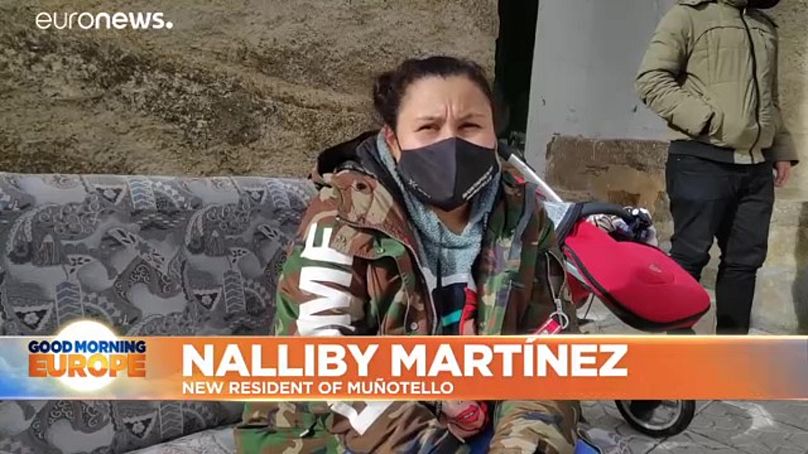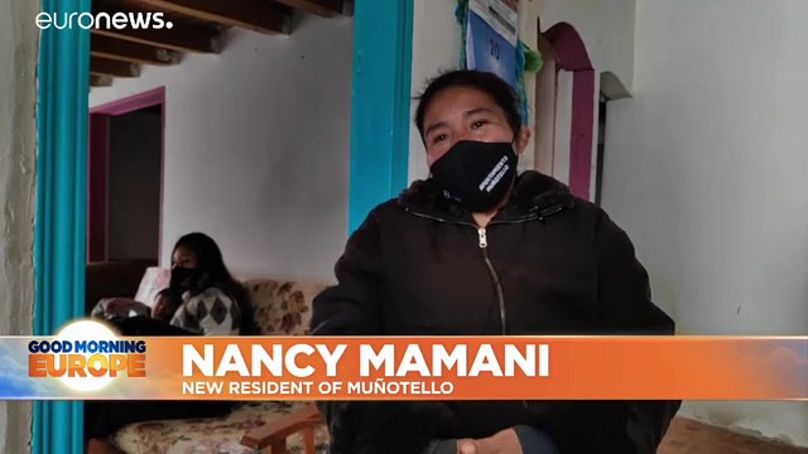The homeless, including those left on the streets as a result of the COVID-19 slowdown, are helping to repopulate Spain's rural communities.
Spain, hit hard by COVID-19 and the subsequent economic slowdown, also has a major problem with rural depopulation.
 ADVERTISEMENT
ADVERTISEMENT
 ADVERTISEMENT
ADVERTISEMENT
Around half the country is inhabited by just 5% of the population, according to Spain's Research Centre on Depopulation and Development of Rural Areas.
Now one NGO, the Madrina Foundation, is hoping to help by resettling the homeless in underpopulated rural communities, including those left on the streets as a result of the coronavirus pandemic.
Muñotello, situated halfway between Madrid and the border with Portugal, celebrated Christmas this year with seven new inhabitants.
They are two families that became homeless in the Spanish capital and who were relocated to the village by the NGO.
Nalliby and Juan Martínez are from Colombia. Moving to Muñotello - population 60 - means they'll be able to keep their daughter from being taken into care.
"When they told me that I had to go to the village, I didn't care what the house was like," Nalliby told Euronews.
"If I could stay with my daughter, where she wouldn't get wet, where she wouldn't get cold, I didn't care."
Nancy Mamani fled to Spain with her three children from Peru. As a refugee, she did not expect that the pandemic would leave her without work. Nor that she would leave the narrow four-metre square room she shared with her children in Madrid.
"Here there is a living room, there is a large dining room, there is a bathroom, I am happy," she said. "I like it more than anything else because of the warmth of the people. In Madrid, people can be very cold."
When they arrived in the village, the foundation made sure that they had enough supplies and food for a few months. It also provided help in finding work.
"People are trying to help them, I think there are people who have offered them clothes, blankets, and some food as well," said José García, Muñotello's deputy mayor.
With hundreds of families struggling in the city, the Madrina Foundation is trying to convince people of the advantages of relocating.
"Before the pandemic, the figures were one, two, three, maybe four families a month [made homeless] and now there are four families per day who are on the streets and who come to you with their suitcases, pregnant or with new-born babies," said Conrado Jiménez, president of the foundation.
According to the foundation, in the first six months of 2021, half of the people entering poverty in Spain for the first time will become homeless.
Watch the full report in the video player, above.












